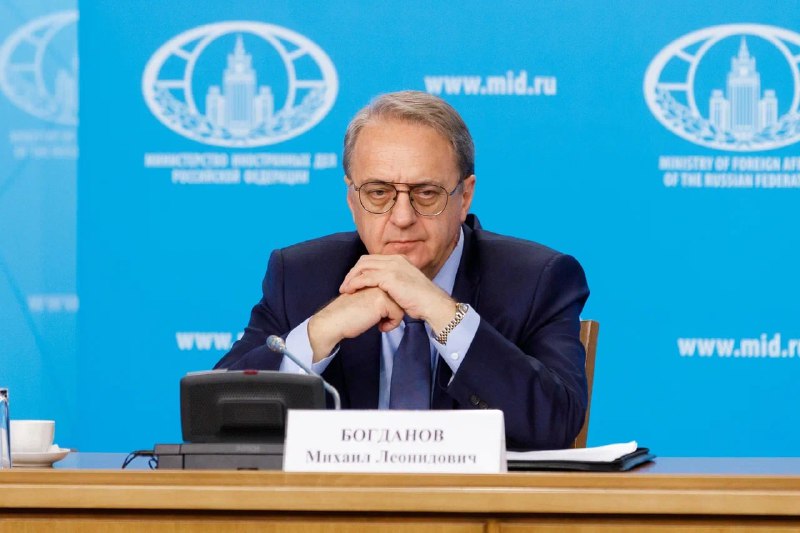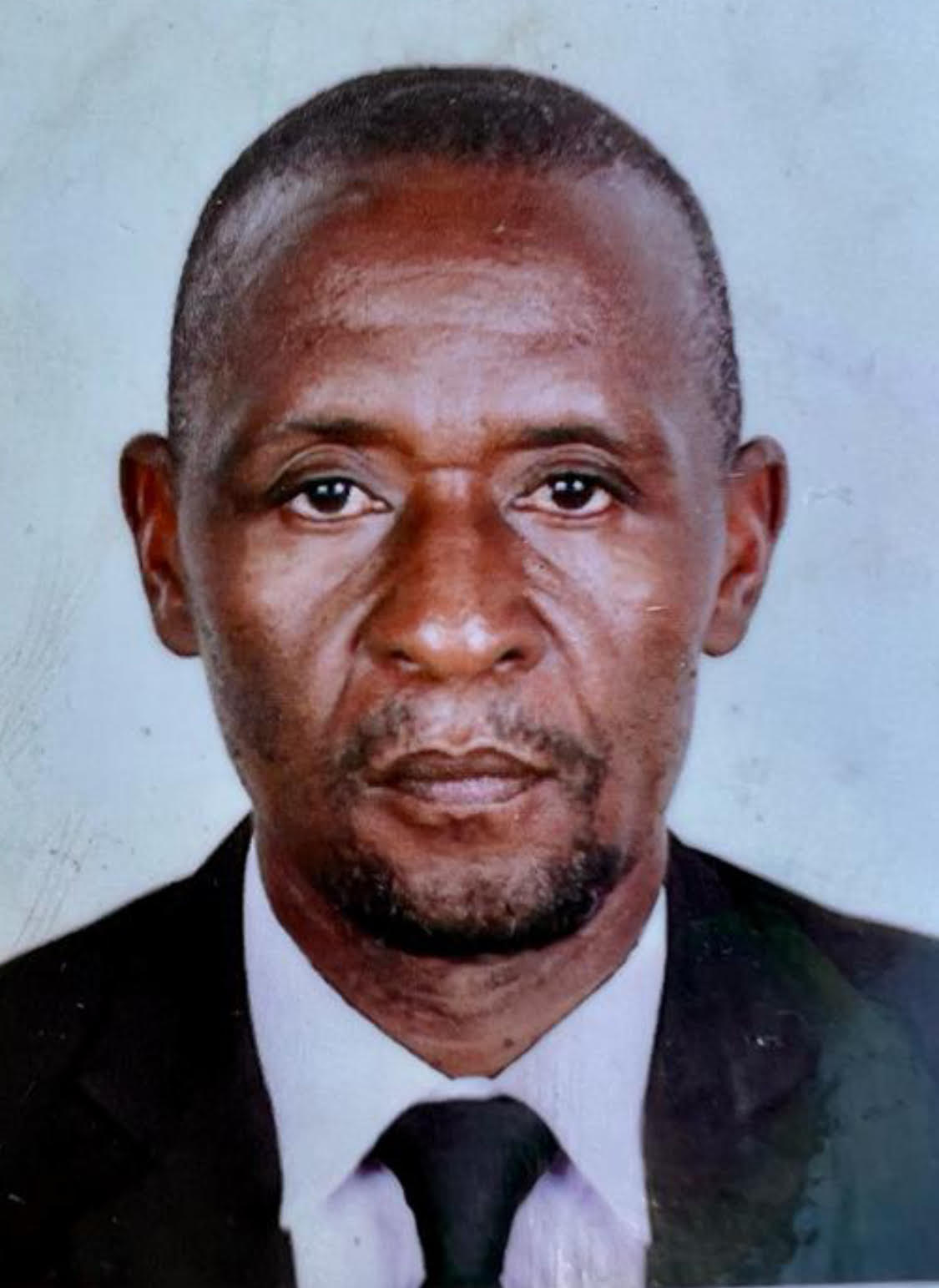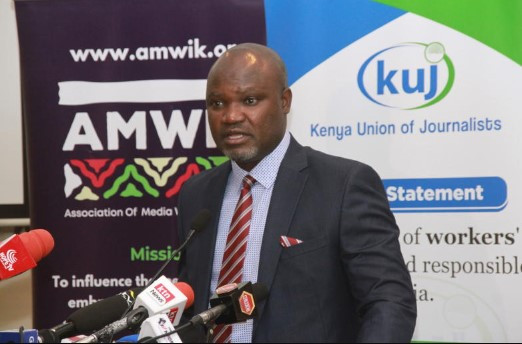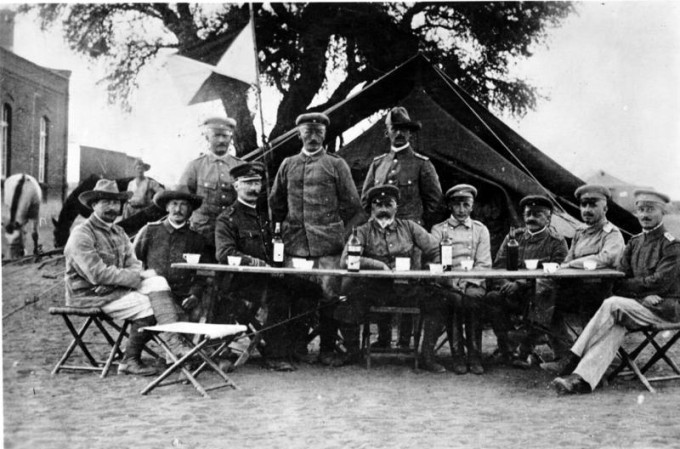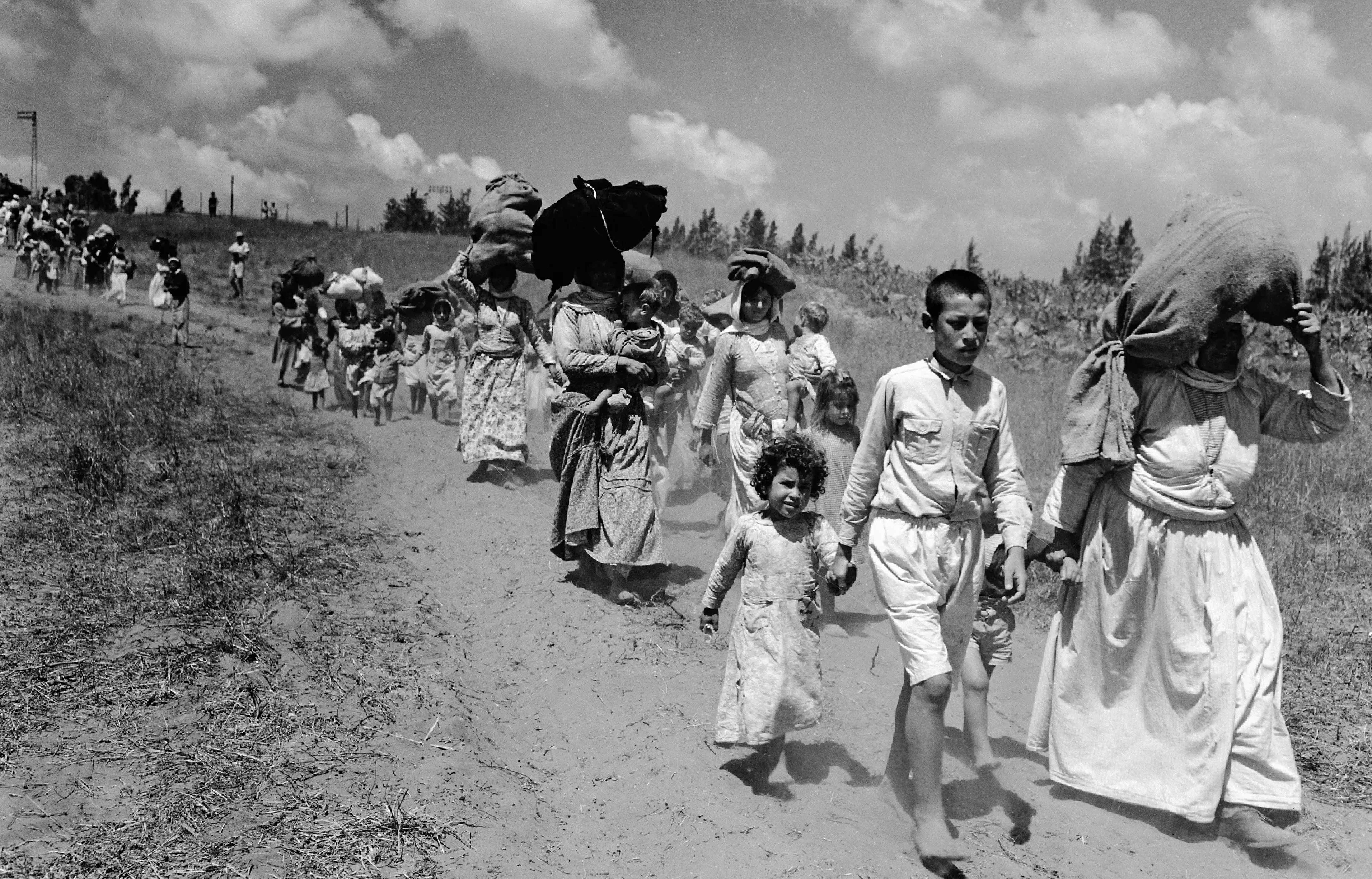
Pawel
Delegation Lead
On May 15th the Palestinian people recall the catastrophe that has shaped their lives for three-quarters of a century.
In 1948, Zionist militias launched a process of ethnic cleansing that saw at least 750,000 Palestinian people violently evicted from their land. The process is remembered as the Nakba, the Arabic word for catastrophe. Over the course of 1948, about three-quarters of all Palestinians were dispossessed of their homes, their land, their livelihoods and, in some cases, their lives.

The leaders of the Zionist movement made assurances that they would not dispossess the Palestinian people. But, as Fayez Sayegh writes in his seminal study on Zionist Colonialism in Palestine, “evidence abounds that, in fact, they were aiming at nothing less than the thorough Zionisation and de-Arabisation of Palestine from the very beginning; and, when the opportunity arose in 1948, Zionists wasted no time in pushing the Arabs across the frontiers.”
Indeed, accidentally-declassified documents show that David Ben Gurion supported “wiping out” Palestinian villages, and a minister in his government confessed to turning a blind eye to the crimes committed during the Nakba: “Let us say that instances of rape occurred… I can forgive instances of rape.” To this day, Palestinian organizations find mass graves left after massacres carried out 75 years ago.
Here in Palestine, our delegation has borne witness to this ongoing Nakba.
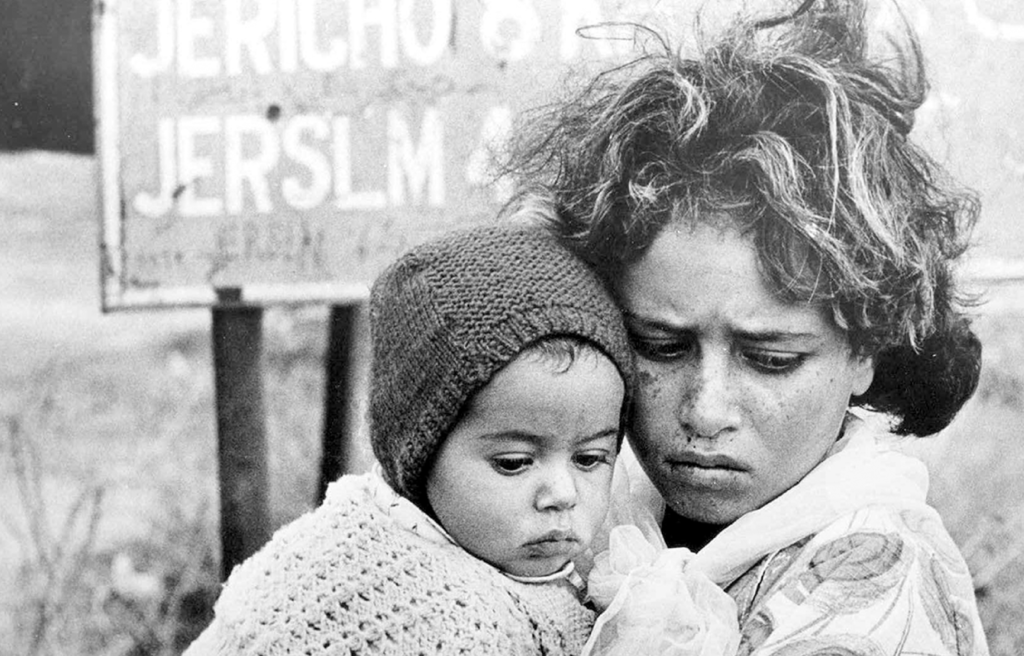
In Silwan, Jerusalem, some half of all houses are subject to demolition. Families are given the opportunity to bail their house out — to pay a ransom for it to remain standing. But, having paid, the bulldozers still come. Then, the evicted family receives a bill for the soldiers and dogs that evicted them from their home — and for the machines that tore it down.
In Bethlehem, residents of the Aida refugee camp are subject to routine humiliation at the hands of the occupying authorities. Every few months, Israeli military trucks spray the neighbourhood with excrement.
Occasionally, soldiers burst through the walls of homes with explosives, traumatising children. When our delegation arrived, families were teargassed as they paid respects to their deceased relatives at the community cemetery. When our delegation visited the same cemetery later that evening, we, too, were threatened at gunpoint.
The impunity that is allowable before international observers speaks to the horrors that take place in their absence. One night before we arrived at the Aida camp, Israeli soldiers shot two young men with internationally-banned explosive bullets.
One lost a leg. The other’s intestines burst out from his abdomen. Both survived even though the Israeli troops left them to die at the side of the road.
In Hebron, a subtler process is underway. 1,350 Palestinian shops have been shut by Israeli occupying forces in 23 years, hollowing out the economic life of the city and sowing misery and desperation among its people.
From an ever-expanding settlement — heavily guarded by high-tech checkpoints operated in part by British security firm G4S — Israeli settlers target the remaining shops with daily volleys of rocks or urine or acid. The beating heart of the city gradually dims.
In a poem called Exodus, the Palestinian poet Taha Muhammad Ali traces the hollow rhythms of a town being emptied of its people. The poem is a meditation on another painful chapter in the ongoing Nakba — the 1982 massacre of thousands of Palestinian refugees and Lebanese civilians by Israeli-backed militia in Beirut. Ali ends every stanza of the poem with a defiant reminder of the Palestinians’ inalienable right to resist: “We will not leave!”
The street is empty
as a monk’s memory,
and faces explode in the flames
like acorns—
and the dead crowd the horizon
and doorways.
No vein can bleed
more than it already has,
no scream will rise
higher than it’s already risen.
Ali ends every stanza of the poem with a defiant reminder of the Palestinians’ inalienable right to resist: “We will not leave!”


